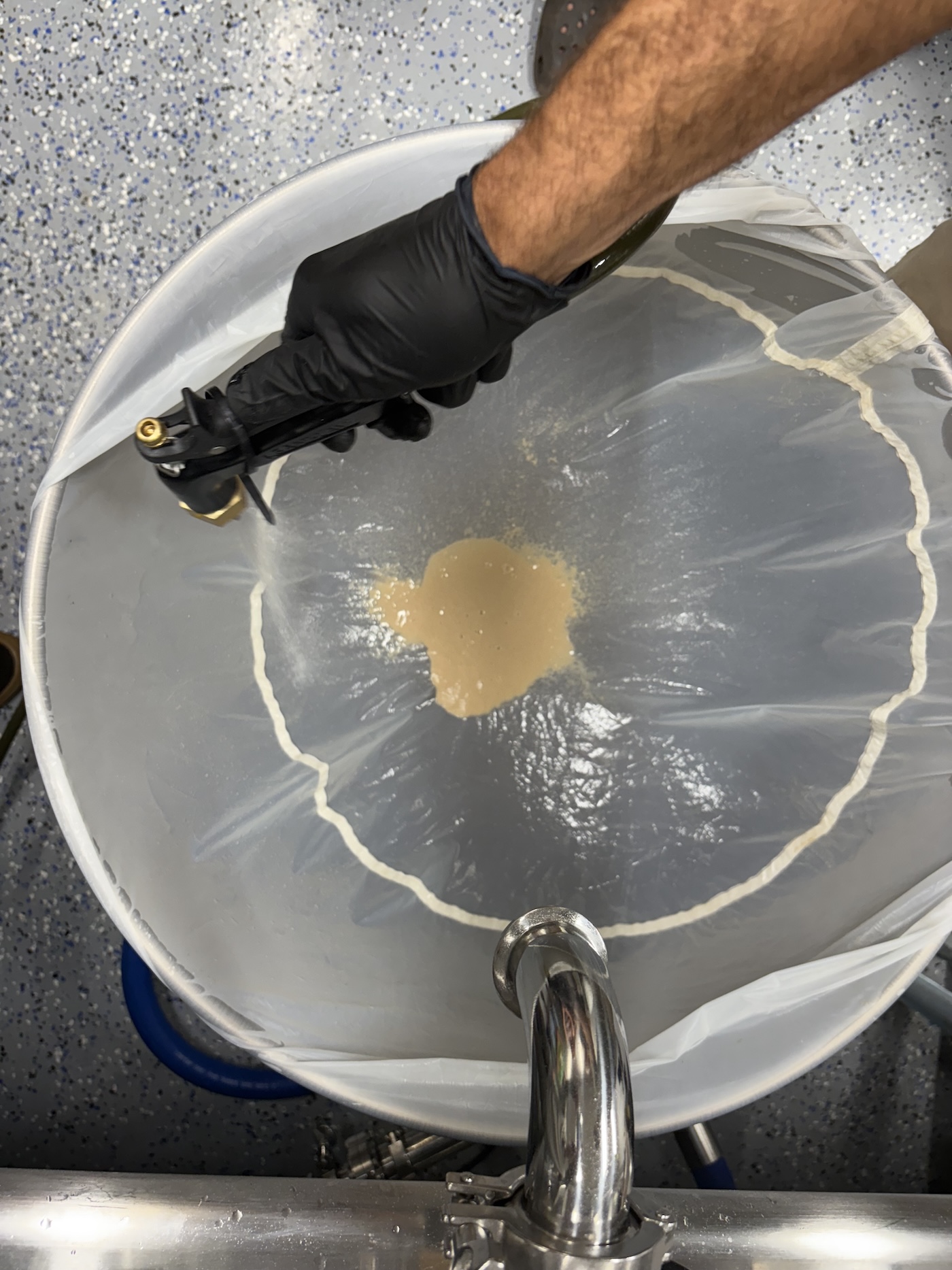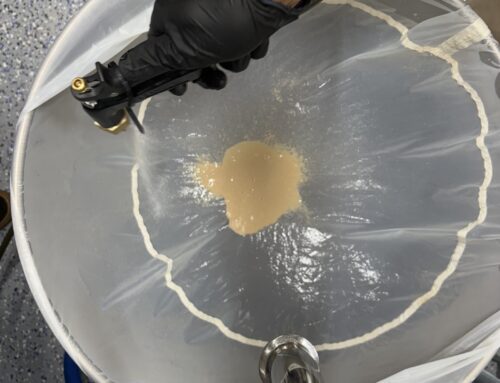
UK Cannabis Social Clubs Evole in Post-Legalization Europe
Europe exhibits a diverse landscape of cannabis legalization, with some countries making notable progress toward broader acceptance and cultural integration. Cannabis Social Clubs (CSCs) have materialized as non-profit groups where members cultivate and share cannabis among themselves. This article explores the evolution of CSCs in the UK, analyzing their role in communities and influence on shifting attitudes toward cannabis acceptance.
An Introduction to Cannabis Social Clubs in the UK
Inspired by successful models in countries such as Spain, Malta, Uruguay, and the USA, Cannabis Social Clubs have emerged in the UK as a response to stringent regulations regarding personal use and cultivation. The first UKCSC aimed to create a safe environment for cannabis use while fighting the negative stigma associated with cannabis consumption. Over time, this movement has gained support, and more CSCs have opened nationwide.
Unlike traditional dispensaries, UK CSCs aim to build a supportive community and share knowledge rather than maximizing profits. To join, individuals must have a referral from an existing member, which helps ensure minors are kept out and reduces unwanted attention. New members must specify their monthly cannabis use to guide cultivation within the CSC. Membership fees often cover overhead costs, including utilities and campaign expenses.
These community-driven spaces are where members can share, cultivate, and consume cannabis together. These clubs often foster a relaxed and friendly atmosphere, typically offering food and non-alcoholic beverages, with some even hosting events featuring live music or art exhibitions. While alcohol isn’t commonly served due to legal restrictions, members often enjoy snacks or meals, making it a truly inclusive social dining experience.
The UK’s approach differs from Spain, where CSCs are legally recognized entities and operate under a regulated system that emphasizes community involvement and compliance with local laws. This has led to effective harm reduction methods and improved public perception of cannabis use. In contrast, the UK’s developing CSCs face legal uncertainties, reflecting ongoing challenges in achieving regulatory support and community integration.
What Types of Cannabis Social Clubs are There?
Throughout the United Kingdom, three types of CSC operate, all following a universal code of conduct. These clubs serve as community hubs where members gather to discuss cannabis genetics, cultivation techniques, and promote educational awareness. They play a vital role in encouraging responsible cannabis consumption and social acceptance, reflecting a changing attitude toward cannabis use and its integration into local communities.
- Compassion Clubs are organizations that grow and distribute cannabis exclusively among their members. They serve as vital alternatives for individuals who cannot access legal prescriptions due to high costs or availability issues. These clubs enable patients to obtain their necessary medicines in a regulated and secure environment.
- Social Clubs are private adult membership organizations that provide a safe social space, sometimes offering homegrown or craft-cultivated cannabis among members. Membership is typically by invitation, with regular fees paid. Clubs may or may not have physical premises where members gather for events or activities.
- Consumption lounges are for patients with medicinal cannabis prescriptions. They provide a relaxed environment with amenities, ensuring privacy, safety, and convenience. These lounges help patients manage their treatment discreetly while also offering a space where they can connect with like-minded individuals.
The Outdated Legal Framework
The UK’s legislative approach to cannabis remains largely restrictive, governed by the Misuse of Drugs Act 1971, where cannabis is classified as a Schedule 2 substance. However, in 2018, significant progress was made when medical cannabis was legalized, allowing General Practitioners (GPs) to prescribe it for specific medical conditions. Despite this advancement, access to medical cannabis remains limited for many patients.
After many have navigated complex legal procedures and faced high costs, such a Bedrocan charging £1,400 for 50g, affordability remains a significant concern. In response, UK CSCs nationwide have begun cultivating their own plants, and this grassroots approach provides members with a more affordable alternative to the inflated prices charged by medicinal suppliers like GW Pharmaceuticals, making it more accessible for those in need.
However, don’t be fooled; the distinction between medical and recreational cannabis remains clear: medical use is regulated under legal frameworks, whereas recreational use is highly prohibited. In the UK, CSCs primarily aim to address illicit market trade. However, the cultivation and distribution of cannabis outside authorized channels continues to be unlawful, underscoring the ongoing regulatory and legal challenges related to cannabis.
In contrast, countries such as Portugal and Germany have moved toward decriminalizing cannabis, making it more accessible to adults. This shift reflects a broader European trend of adopting progressive cannabis policies, aiming to strike a balance between public health and economic interests. These policies are intended to regulate the cannabis market, reduce illicit trade, and promote responsible use, aligning with global efforts to modernize drug laws.
During a 2017 House of Commons debate on drug policy, Jeff Smith, MP for Manchester Withington, argued that legalizing and regulating cannabis would remove it from dealers’ control. He explained that regulation would ensure consumers know exactly what they are purchasing, providing confidence and safety. Smith emphasized that this would address concerns about high THC levels, which street-sold cannabis may contain unpredictably.
Support from Authorities: Police Endorsement
CSCs work to reduce stigma and promote responsible cannabis use by educating the public about myths and benefits. They organize events like Green Pride in Brighton, an annual celebration of the plant, as well as the UKCSC’s Right to Grow Tour, which brings regional club leaders together to support cannabis advocacy. Many CSCs also collaborate with the police to deliver educational programs aimed at increasing cannabis awareness.
Bhardyal Dhindsa, Police Commissioner for Derbyshire and National Lead on Drug Use, expressed his support for UK CSCs on the Victoria Derbyshire program, emphasizing that these clubs are self-regulated, membership-based, non-profit, and aim to reduce street crime. Dhindsa also called for a broader discussion on their role in drug reform, highlighting that traditional enforcement has failed to lower usage and advocating for better regulations.
“Scientific and medical evidence is clear that recreational cannabis use can cause harm to individuals and society,” Dhindsa told the BBC. He added that he does not support cannabis clubs or condone criminal behavior but recognizes that “years of enforcement have not stopped drug supply and use.” Dhindsa believes education and regulation are essential, asserting, “It is not the case that prohibition to legalization solves everything.”
Arfon Jones, Police Inspector for North Wales, publicly supported Spanish-style cannabis collectives. He expressed sympathy for clubs where members grow and share cannabis among themselves. Jones visited the Teesside Cannabis Club and endorsed its setup, emphasizing that consenting adults should be able to use cannabis safely, similar to how pubs serve alcohol. His comments highlight a more progressive view on cannabis regulation.
Several other UK Police Crime Commissioners (PCCs), including those from Derbyshire, West Midlands, Cambridgeshire & Peterborough, Durham, North Wales, and Avon & Somerset, have expressed support for legalising Cannabis Social Clubs. Some PCCs, like Sue Mountsteven from Avon & Somerset, favor educational programs over criminal charges, indicating a broader shift towards less penal cannabis policies throughout the UK.
Neil Woods, a former police officer and board member of the Law Enforcement Action Partnership, which openly supports UK cannabis social clubs as a harm reduction strategy. Although not currently serving as an officer, he advocates publicly for these clubs, believing they can effectively reduce organized crime and negative consequences linked to illegal markets. Woods emphasizes that regulated clubs could lead the way for safer consumption.
The Most Well-Known Cannabis Social Clubs
Here are three of our favorite clubs that have made a significant impact throughout the UK cannabis community.
Stay Medicated
Stay Medicated is a dedicated medical-based consumption lounge located in Ballyclare, County Antrim, Northern Ireland. It is notable for being the only legal establishment of its kind in Northern Ireland that provides a safe, stigma-free environment for those who are prescribed medical cannabis. This unique facility caters to patients, providing them with a secure and comfortable space to take their medication without fear of legal repercussions.
The founder, Alan Robinson, has been a prominent advocate for the medical use of cannabis in Northern Ireland for several decades. Since November 2018, medical cannabis legislation has allowed licensed medical practitioners to prescribe cannabis. Despite this progress, many patients face difficulties in accessing safe, regulated cannabis products, and the club’s goal is to promote the legal use of medicinal cannabis and improve accessibility.
The Teesside Cannabis Club
The Teesside Cannabis Club, also known as Exhale Harm Reduction Centre and IfYouKnowYouKnow, was founded in 2014 by long-term cannabis activist Michael Fisher. Starting as a Facebook group, it opened its first premises in Stockton-on-Tees in 2017. The club focuses on harm reduction, medical referrals, and education about safe cannabis use. It offers potency testing and has recently launched a cannabis education and training program.
Increased support from authorities for Teesside Cannabis Club is gaining traction, with Police & Crime Commissioner Ron Hogg indicating local enforcement would focus on apparent violations or large-scale cultivation, allowing the clubs to operate without prosecution. North Wales PCC Arfon also extended support, emphasizing that these clubs provide a safe, regulated environment for adults to consume cannabis legally.
Brighton Cannabis Club
The Brighton Cannabis Club, established in 2014, is a prominent cannabis social club in the UK. It was founded to support cannabis reform, harm reduction, and community education. BCC hosts events like Green Pride, an annual festival that grew from 100 attendees in 2014 to 1,500 in 2015. The club operates as a non-profit, member-driven organization inspired by the Spanish CSC model, promoting safer consumption and reducing the negative stigma.
It has also received strong support from the local police, especially during its Green Pride event, where Sussex Police actively helped facilitate the celebration, ensuring a peaceful environment throughout the day. Chief Inspector Woolford praised attendees for remaining calm and well-mannered. He admired their efforts in explaining cannabis-based regulations, while others praised the efforts of the Cannabis Clubs in supporting the local community.
What’s Next for the UK Cannabis Social Clubs?
As public perception of cannabis becomes more accepting, CSCs are likely to experience a surge in membership. The history of CSCs across the UK highlights their positive impact on local communities and their role in shaping the evolving cannabis culture. Looking ahead, the future of CSCs appears promising, opening opportunities for greater social acceptance, sustainable practices, and promoting the normalization of cannabis use within society.
Join your local UKCSC and advocate for cannabis rights, or visit our Instagram to learn more about growing weed!










